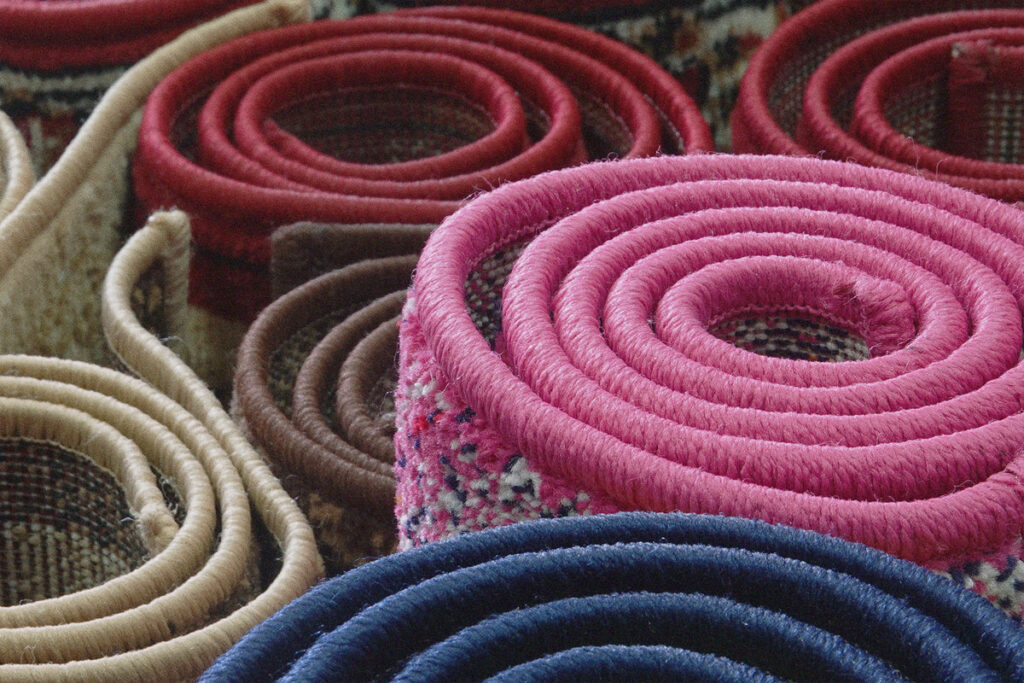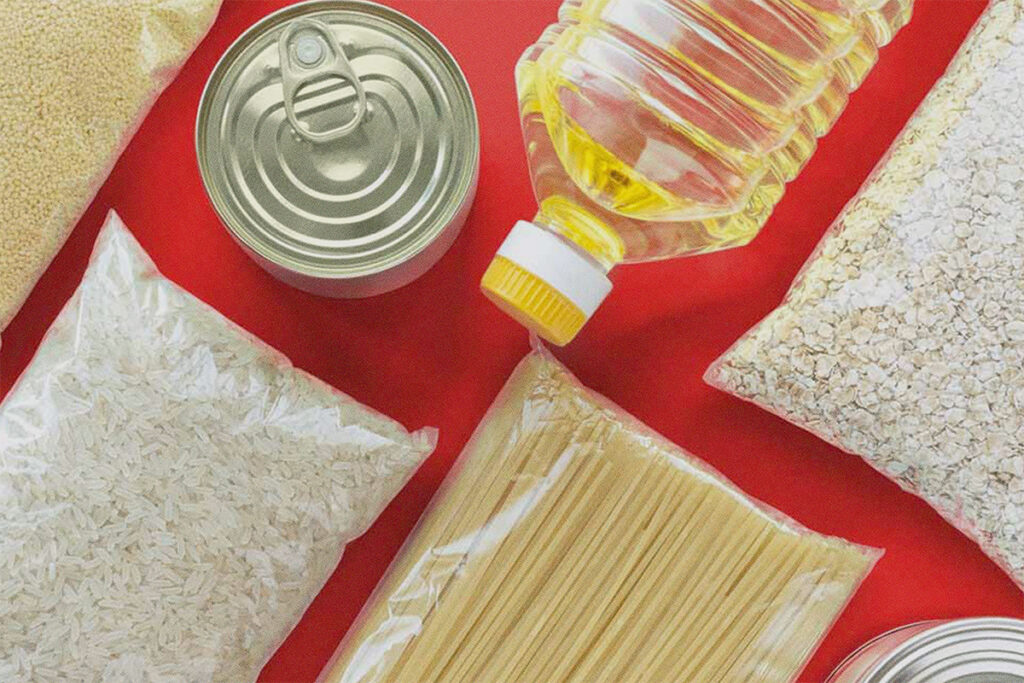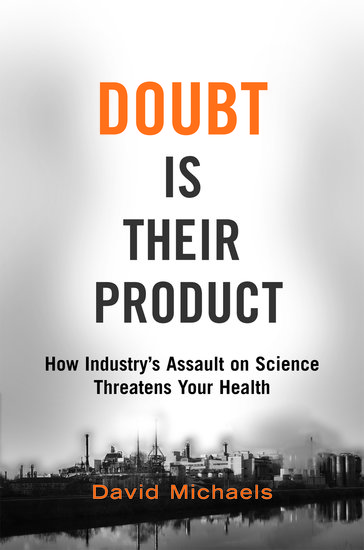Keep reading about similar topics.

Health
by Martha Lewis & Roca Gallery
→
Read More


In Doubt Is Their Product, Dr. David Michaels, a former Assistant Secretary of Energy for Environment, Safety and Health under President Clinton, exhaustively documents the rise of the “product defense industry” and its strategy of using scientific discipline to establish controversies (i.e., starting something that is intended to continue or be permanent[1]), rather than establish facts (i.e., investigating something to confirm its truth or validity[2]) as a means of frustrating efforts to address public health risks from asbestos, benzene, aspirin (Reye’s syndrome in children), global warming and, of course, vinyl.
“Doubt is our product,” wrote a Brown and Williamson[3] executive in 1969, three years after the iconic warning label first appeared on cigarette packs, “since it is the best means of competing with the ‘body of fact’ that exists in the minds of the general public. It is also the means of establishing a controversy.”[4]
Michaels concentrates his reporting on his considerable first-hand experiences where, he writes, “I had the opportunity to witness what is going on at close range.”[5] He bears witness for 256 pages and backs up his observations with an additional 119 pages of endnotes, many of these referencing original documents that can be accessed through his website, www.defendingscience.org.
One of his first-hand experiences involves polyvinyl chloride plastic, also known as PVC or vinyl. The story of the vinyl industry’s cover-up of rare cancers among its workers in the mid-1970’s has been well documented elsewhere[6], including the documentary Blue Vinyl and the PBS investigative report Trade Secrets. Michaels connects the dots, documenting how, in 1974, the same public relations firm that created the “selling doubt” strategy for the tobacco industry would “establish uncertainty” about the risks of vinyl chloride for the PVC industry. They’re still at it.
Doubt Is Their Product concludes with a chapter offering “a dozen ways to improve our regulatory system.” Many of these could be adapted by green building policy makers or by anyone interested in testing whether an industry stakeholder is interested in establishing the facts, or just establishing a perpetual controversy.[7]
